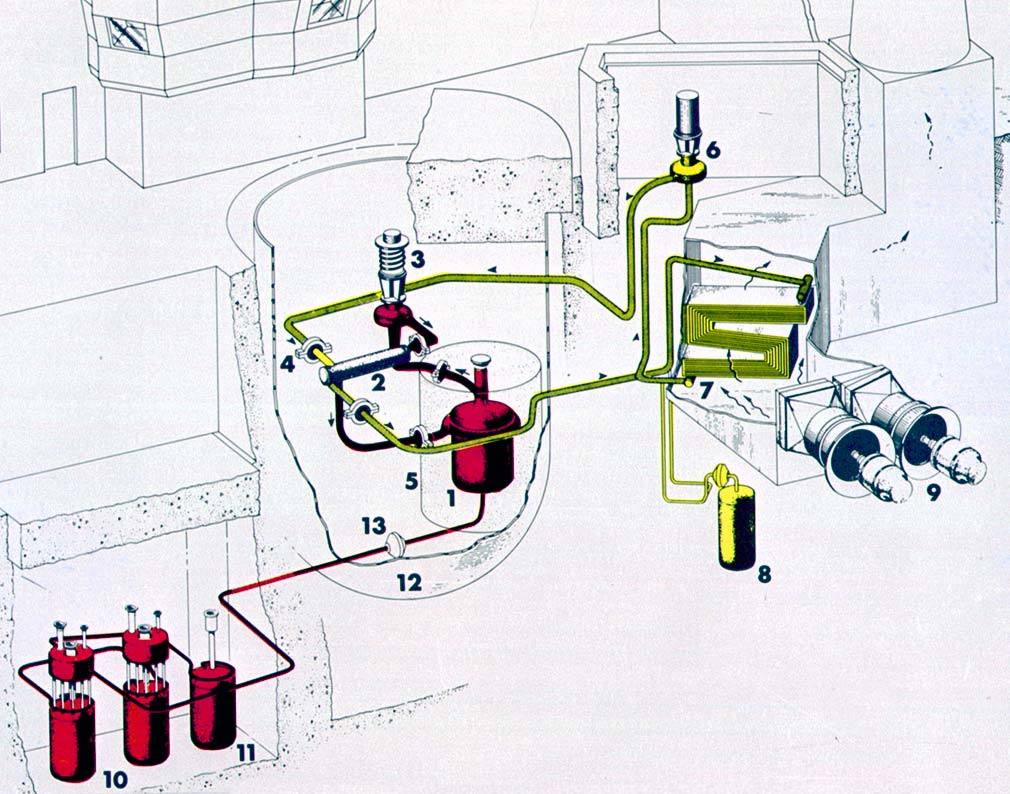I recently finished reading Abundance by Ezra Klein and Derek Thompson. The book explains the various missteps taken by the U.S. government that led us to where we are today: a bureaucratic sludge of policies and regulations that’s caused ambitious projects to go over budget (e.g., Healthcare.gov) or remain unfinished (e.g., California High-Speed Rail). Klein and Thompson propose a renaissance of our public institutions - an invigorated era where government “gets out of the way” of itself and executes on projects only it can do.
A world where existential issues, like housing and energy, are addressed at blazing speeds.
A world where risk-taking in the spirit of results and output is rewarded.
I’ve never agreed more with a policy proposal. I highly recommend the read.
In Chapter 4, Klein dissects the healthcare industry in particular, citing that scientists spend about 44% of their research time on administrative activities, like grant writing and compliance reporting.
This stat hit me hard.
My startup, Kibu, builds compliance software for Disability Providers (those who support those with mental disabilities), and I’ve seen firsthand the amount of paperwork they must complete. Imagine writing a set of essays, medical trackings, behavior assessments, activity breakdowns, and goal completions- all with timestamps- for every individual, every day. While our product aims to make this record-keeping easier, it’s not lost on me that we’re building inside a jungle of regulations.
The bureaucrats who manage these regulations are underfunded, out of touch, and lack cohesion. In disability care, bureaucrats provide funding to Disability Providers. Because of this exchange, bureaucrats must trust that the money is being well-used. But because they cannot physically be in all facilities, they must build a different infrastructure to communicate and receive trust. That usually comes in the form of reports and documentation.
Over time, these forms grow more complex. An edge case turns three questions into five. A lawsuit turns five into eight. A private partnership creates a new compliance rule - and eight becomes twelve.
As the reports get more convoluted, the bureaucrat’s eyes start to blur. He begins to check for “completeness” of the form rather than the outcomes or the story within it. There’s no time! Eventually, the providers start to recognize the real game being played. In the most technical sense, they don’t get funding by providing the best care to their individuals: they get funding by writing “the right stuff” in the forms.
When I first joined Kibu, I thought I’d be challenged by the complexities of special needs and the unique challenges each diagnosis presents. Instead, I’m challenged by a jungle of rules and procedures.
The dilution of institutions that focus more on compliance than outcomes is what we call procedural fetishism. It has permeated the way our government operates- and is a major reason why public faith in it is at an all-time low.
So, just dismantle the government, right?
A natural reaction to all of this is to antagonize, belittle, and destroy these institutions. But if something has a disease, there are smarter ways to address it than killing the host.
Government is the reason we’ve been able to innovate in projects without any clear profit motive. The government created our libraries, highways, and Internet as ways to protect, connect, and improve our ways of life. They’re the truest platform developers that for-profit companies have benefited off for centuries. It would be a damn shame if the next Internet was stymied by procedural fetishism.
Doesn’t procedural fetishism create jobs?
Another reaction is to argue that procedural fetishism is good, as it’s created jobs (and entire industries) in the form of auditors, lawyers, procurement experts, and brokers. Heck, one could argue that with less compliance, my startup might be existentially threatened.
The tradeoff is that although these jobs are around care, they aren’t in care. We can all agree it would be cool to have more engineers in healthcare. But instead of developing compliance software, they’d be building real medical equipment that actually helps patients. In a world graded on outcomes over procedures, I actually think capitalism could drive more jobs.
At Kibu, I often fantasize about a world without compliance. I fall asleep at night wondering what data and AI could do to actually improve the lives of individuals. I imagine how freeing it would be to build a solution that’s unburdened by the misaligned requirements of policy. Kibu wouldn’t be diminished- we’d thrive.
Final Thoughts
In 1980, the National Institutes of Health gave 22% of its research grants to scientists age 35 or younger. In 2001, that number was 3.8%. It continues to decline.
The root of procedural fetishism lies in distrust and conservatism. Over time, our government’s desire to swing for the fences has decreased. Perhaps it’s because we’ve been in relative peace for half a century. Or perhaps it’s the natural decline of empires.
If we want to enter a world of abundance, care, and decency, we must change our government’s culture to one of faith in the low-level entrepreneurs- one that puts purpose over paperwork.
.png)




